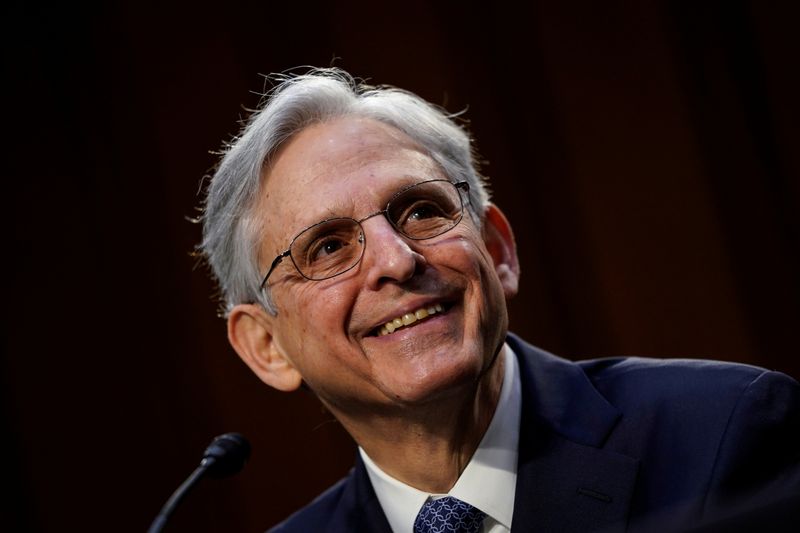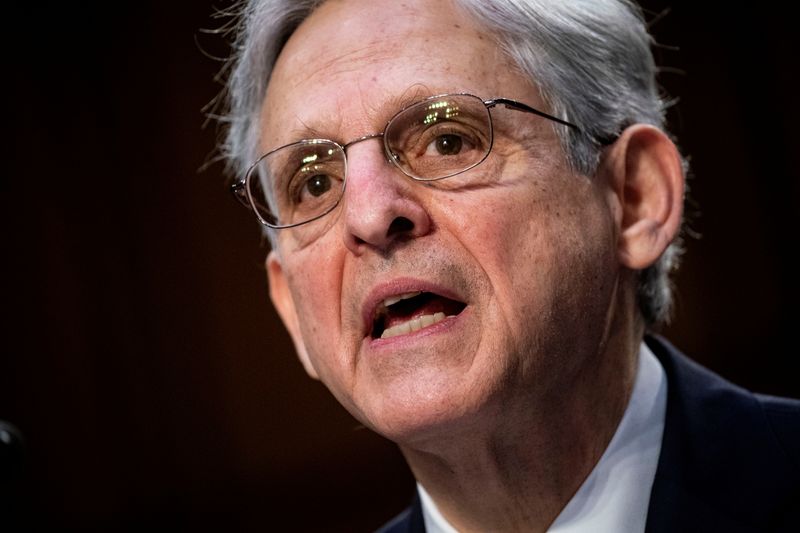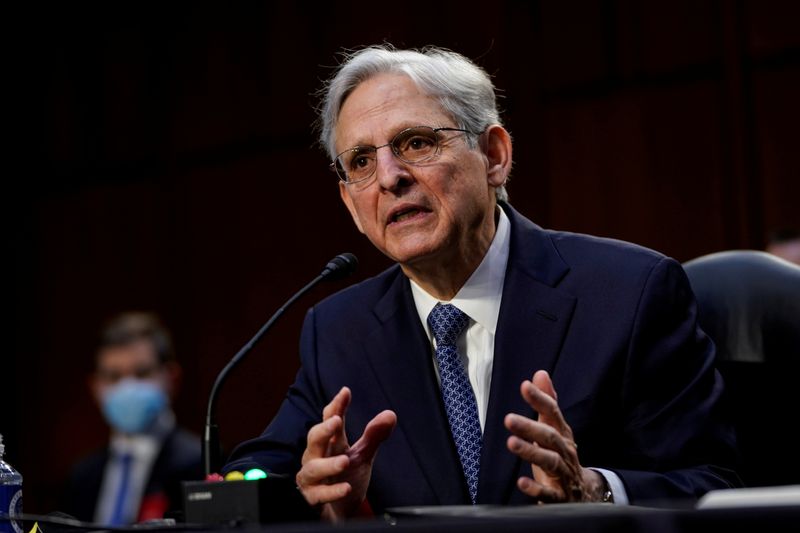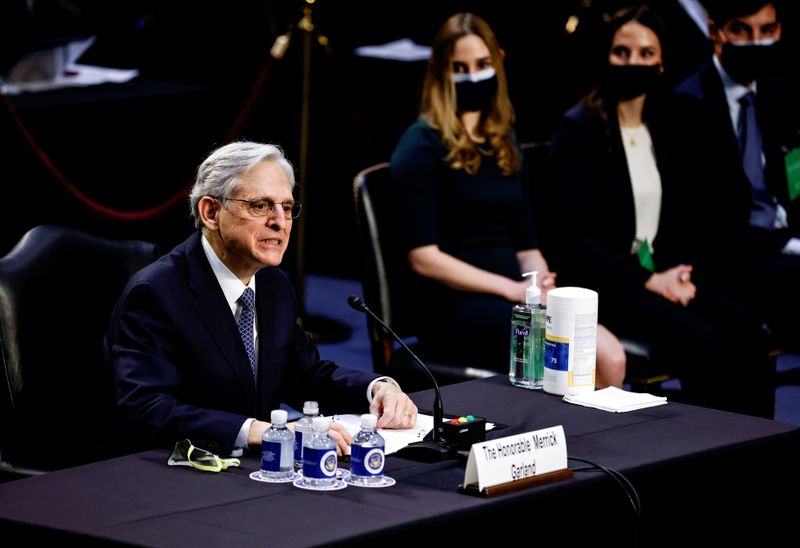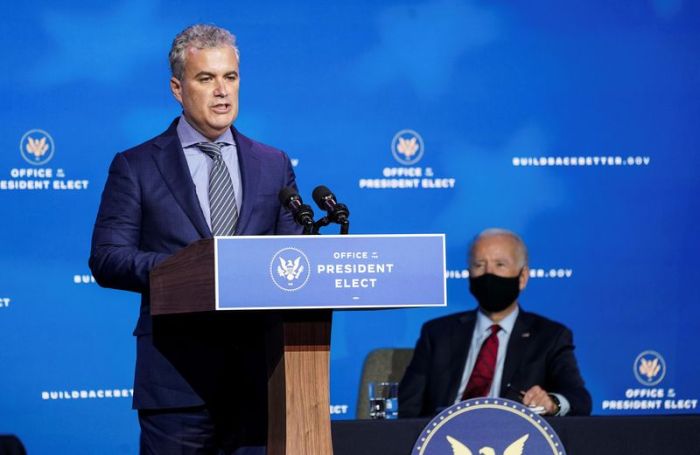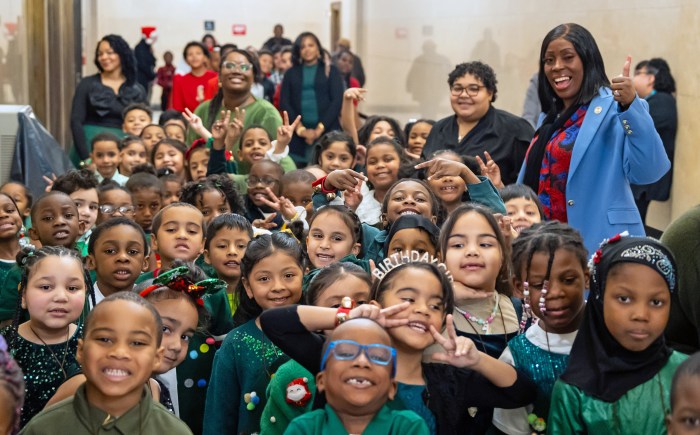WASHINGTON (Reuters) – Merrick Garland, President Joe Biden’s pick for attorney general, moved a step closer on Monday to securing Senate confirmation as the top U.S. law enforcement official, with the Judiciary Committee throwing its weight behind his nomination.
The federal appellate judge won bipartisan support in a 15-7 tally in the Senate Judiciary Committee to advance his nomination to the Senate floor for a vote that Democrats hope will be held this week. Among the four Republicans voting in favor of Garland were two former chairmen of the committee, Chuck Grassley and Lindsey Graham.
Garland drew the support of the committee’s Democrats, while seven Republicans voted no.
The former federal prosecutor is widely expected to win confirmation. The Senate in 2016, then controlled by Republicans, refused to consider Garland’s nomination to the U.S. Supreme Court by Democratic President Barack Obama.
By doing so, the Republicans enabled President Donald Trump in 2017 to fill a Supreme Court vacancy with a conservative justice.
Garland, 68, was nominated to lead a Justice Department in the midst of intensive investigations into the Jan. 6 attack on the U.S. Capitol by a mob of Trump’s supporters – an incident Garland has called “heinous.” The rampage interrupted the formal congressional certification of Democrat Biden’s election victory over Trump.
Garland has also pledged to reinvigorate the department’s Civil Rights Division, which critics have said was undermined during Trump’s presidency, failing to defend voting rights or open investigations into systemic abuses by police departments.
Last week, the Civil Rights Division said it was considering whether to launch hate-crime probes into the rising number of incidents targeting Asian Americans. Trump repeatedly referred to COVID-19 as the “China plague” or “China virus.”
Unlike former Attorney General William Barr, a Trump appointee who told Congress last year he did not believe systemic racism plagued the U.S. criminal justice system, Garland told lawmakers the system did not treat all Americans equally.
REPUBLICAN PUSHBACK
On March 9, the Senate Judiciary Committee intends to hold a confirmation hearing for Lisa Monaco and Vanita Gupta, Biden’s choices to serve in the No. 2 and No. 3 Justice Department jobs.
Kristen Clarke, nominated by Biden to serve as assistant attorney general for the Civil Rights Division, has not yet been scheduled for a Senate confirmation hearing.
Civil rights groups, former prosecutors and some law enforcement groups have backed the nominations of Gupta and Monaco – including the Fraternal Order of Police (FOP), which previously backed Trump.
Monaco is expected to have a shot at drawing some Republican support.
But some conservative groups and Republicans have started to push back against Gupta. Several Republican state attorneys general wrote a letter to Biden on Monday asking him to withdraw Gupta’s nomination, calling her a “radical nominee” who favors “destructive policies that would defund the police.”
Republican John Cornyn of Texas, who voted on Monday in favor of Garland, signaled he had concerns about supporting Gupta or Clarke.
“One need not look back very far in their respective records to find evidence they are all about politics in the Justice Department,” Cornyn said.
Garland has voiced support for Gupta, calling her “a person of great integrity and experience who is dedicated to the mission of the department.”
A White House ally told Reuters on Monday the attacks on Gupta were coming from “blinded partisans” who never bothered to consult with leading law enforcement groups such as the FOP.
(Reporting by Sarah N. Lynch; Additional reporting by Richard Cowan; Editing by Scott Malone, Will Dunham and Peter Cooney)


